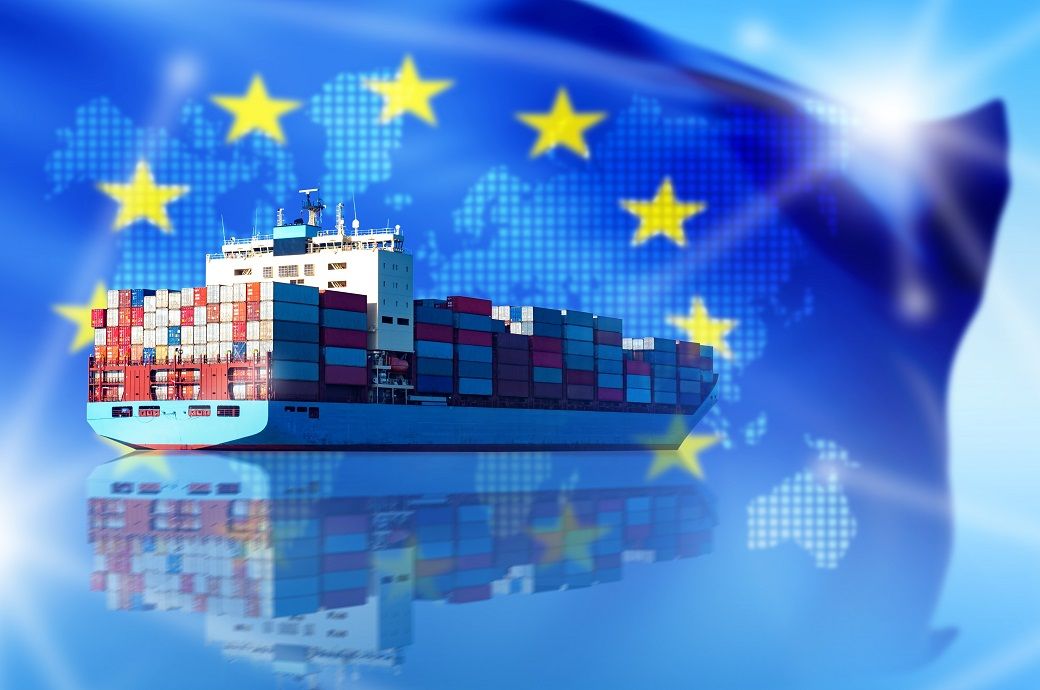
The European Union’s fifth Annual Report on Implementation and Enforcement of EU Trade Policy has highlighted how its extensive trade network continues to strengthen economic resilience and competitiveness in an increasingly volatile geopolitical landscape.
Covering 2024 and the first half of 2025, the report underscores how trade agreements have reduced dependencies and opened new markets for EU exporters.
In 2024, EU goods exports to its 76 preferential trade partners grew twice as fast as exports to non-FTA countries—1.4 per cent compared to 0.7 per cent. Exports to Canada have surged 51 per cent since 2017, versus a 20 per cent rise to the rest of the world.
The report notes that diversified trade has helped cushion the impact of sanctions against Russia—exports to Mexico, Norway, Switzerland, and the United Kingdom offset declines in vehicle and machinery sales to Russia. Meanwhile, higher imports of gas from Algeria, Kazakhstan, and Norway compensated for reduced Russian supplies.
The EU also achieved progress in tackling market obstacles—44 trade barriers were removed in 2024 alone, bringing the total to 186 since the appointment of the chief enforcement officer in 2020, European Commission said in a release.
The EU’s trade network continues to expand: two new agreements entered into force in 2024—one with New Zealand and an Economic Partnership Agreement with Kenya—raising the total to 44 agreements covering 76 partners. Negotiations concluded this year with Indonesia, while deals with Mercosur and Mexico await Council and European Parliament approval. Talks are ongoing with India, Malaysia, the Philippines, Thailand, and the United Arab Emirates.
The accompanying Staff Working Document details the removal of trade barriers, dispute resolutions, and outreach efforts to promote trade benefits, particularly for small and medium-sized enterprises through the Access2Markets portal.
“Trade agreements make the EU more resilient in the face of geopolitical challenges by providing safer, more diverse sources of supply for our imports and stable markets for our exports. The agreements not only remove tariffs but also support regulatory coherence and international standards, which in turn reduces costs for economic operators. Securing the widest possible range of markets is vital for EU businesses in these turbulent times for international trade,” said Maros Sefcovic, commissioner for trade and economic security; Interinstitutional Relations and Transparency.
ALCHEMPro News Desk (HU)
Receive daily prices and market insights straight to your inbox. Subscribe to AlchemPro Weekly!